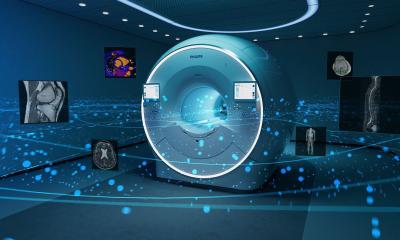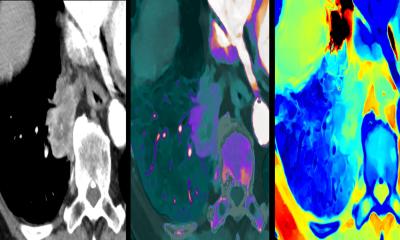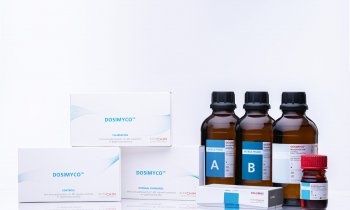Philips and Neuronexus to research next generation deep brain stimulation device
NeuroNexus Technologies and Philips Research announced that they have signed a joint research agreement to develop next-generation deep brain stimulation devices with the ambition to improve the treatment of neurological diseases and psychiatric disorders.
By combining Philips Research’s strengths in microelectronics, signal processing, ultra-low power system design and miniaturization with NeuroNexus Technologies’ expertise in micro-scale electrode design and fabrication, the two companies aim to show the technical feasibility of highly programmable and MRI-safe deep brain stimulation devices. Their initial research will aim to meet the functional requirements of a deep brain stimulation device for the treatment of Parkinson’s disease. This is a degenerative disorder of the central nervous system that impairs people’s motor skills and speech, leading to a progressive loss in quality of life. Recent publications suggest that deep brain stimulation could also be suitable for treating psychiatric disorders such as clinical depression.
Late-stage Parkinson’s disease is increasingly being treated using deep brain stimulation – a technique that involves implantation of a medical device, a “brain pacemaker” that sends electrical impulses to specific parts of the patient’s brain via permanently inserted electrodes. The pacemaker control unit is normally implanted into the patient’s chest or abdomen, with a connecting lead routed under the skin to the brain electrode. While offering an effective therapy that helps many patients, currently available technologies have significant limitations.
“As currently used, deep brain stimulation poses several challenges to both the patient and the physician: The implantation requires a lengthy surgical procedure involving both neurosurgeons and neurologists. Following surgery, setting the right stimulation parameters requires painstaking efforts on the part of the neurologists before the patient can be sent home. In the long term, patients may for example develop spine problems that would require further examination using MRI, but with current implants MRI scans are not possible due to the materials used in the fabrication of DBS electrodes and the stimulators”, explains Prof. Maximilian Mehdorn, Head of Neurosurgery at the Christian-Albrechts University of Kiel, Germany.
The joint research project aims to address these clinical needs, and will leverage Philips’ expertise in medical imaging and surgery planning with the aim of simplifying the implantation process and shortening the surgical procedure. Philips will also contribute to making the entire device MRI compatible so that patients fitted with the implant are not barred from MRI scans. With its world-leading track record in neural micro-electrodes, NeuroNexus Technologies brings in key technology and knowledge for novel brain probes.
“As neuroscientists become increasingly able to understand the language of the brain and fix neurological conditions with advanced electrical stimulation techniques, they will need a new generation of DBS devices that give them much greater flexibility in tailoring therapy,” explains Daryl Kipke, chief executive officer of NeuroNexus Technologies. “With our unique micro-scale implantable electrode technology and Philips Research’s integration expertise, we are well positioned to make a significant leap forward in delivering technologies that will support neurologists and neurosurgeons in improving patient treatment.”
“Contributing to the development of MRI-compatible deep brain stimulation devices may ultimately allow us to combine DBS technology with our functional imaging, image-guided intervention and therapy planning capabilities to produce integrated treatment suites for neurodegenerative disease,” says Henk van Houten, senior vice president of Philips Research and head of its Healthcare Research program. “It’s yet another example of where the coming together of in-depth clinical knowledge and world-class technology expertise can work to the benefit of patients.”
20.11.2008
- medical technology (1554)
- neurology (613)
- psychology (152)
- research (3488)
- therapy (845)
- transplantations (147)











